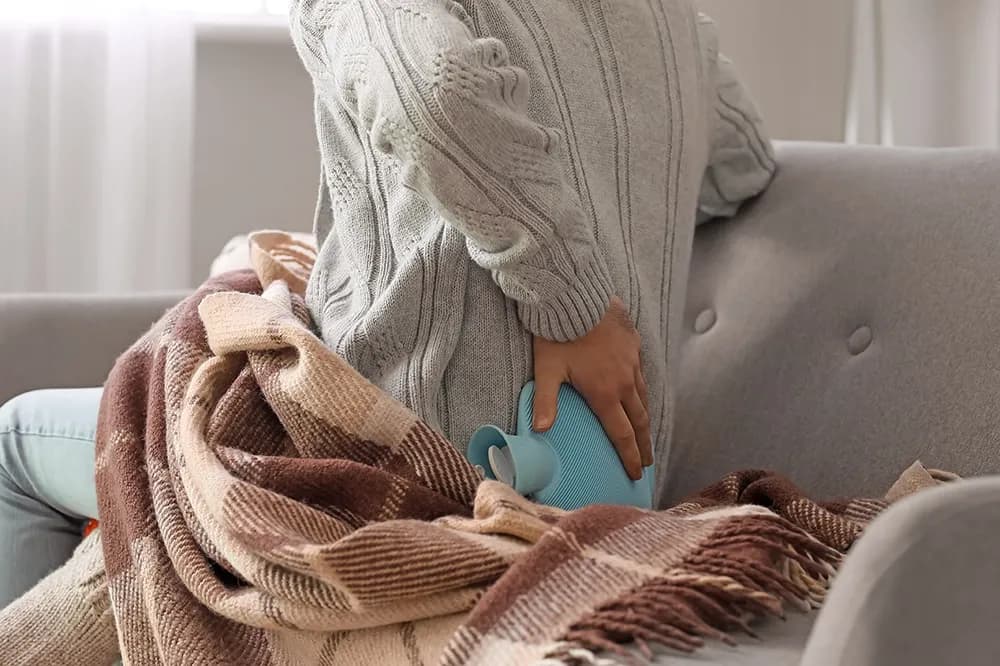Back pain and depression: what's the connection?
The mechanisms involved remain unclear, but an increasing number of studies are pointing to a link between back pain and certain mental disorders such as depression.
People with back pain are more likely to suffer from a psychological pathology. A large body of clinical research suggests that low back pain not only has major psychological repercussions, but also that certain psychopathologies play a role in the onset of back pain. A dual mechanism that is often difficult to identify.
Can depression cause back pain?
In 2016, important research was published in the journal General Hospital Psychiatry (1). Researchers from Anglia Ruskin University in the UK carried out their investigations in 43 countries, involving more than 190,000 people. Nearly 35% of the participants reported back pain, and 7% chronic back pain.
The results of the study suggest that people with back pain are twice as likely to suffer from anxiety, depression, stress, psychosis or sleep deprivation. According to the same results, patients suffering from chronic back pain (pain present for more than 8 weeks) were 3 times more likely to experience a depressive episode, and 2.6 times more likely to suffer from psychosis.
This research establishes a link between back pain and depression, without revealing any causal link. But we can put forward a hypothesis: back pain in general may be linked to a reduction in physical and social activity, poorer sleep and, more generally, poorer quality of life. All these factors increase the risk of experiencing a depressive episode or other psychological problems
Is back pain a symptom of depression?
Back pain may not only cause psychological problems, it could also be a symptom of a depressive illness. Back pain would then be a physiological manifestation of psychological suffering. We know that stress increases tension in the muscles and releases substances that promote inflammation. According to this mechanism, depression could lead to back pain. Hence the difficulty in identifying the root cause of the pain: is it the state of depression that causes the back pain, or the low back pain that causes the depression?
In addition, the new HAS recommendations (2) classify emotional problems ‘such as depression, anxiety, stress, a tendency towards depressed mood and withdrawal from social activities’ as ‘yellow flags’. These psychosocial indicators point to an increased risk of low-back pain becoming chronic.
What explains the link between back pain and depression?
The link between back pain and depression seems to have been established, even if the causal links have not yet been elucidated. The researchers of the above-mentioned study concluded: ‘Further research is needed to find out more about the links between these problems, and to ensure that effective treatments are developed. It is also important that healthcare professionals are made aware of this link so that they can refer patients to other services if necessary’.
- Brendon Stubbs & al., 2016, The epidemiology of back pain and its relationship with depression, psychosis, anxiety, sleep disturbances, and stress sensitivity: Data from 43 low- and middle-income countries, General Hospital Psychiatry Vol. 43, doi.org/10.1016/j.genhosppsych.2016.09.008
- Haute Autorité de Santé – Fiche mémo recommandations - Prise en charge du patient présentant une lombalgie commune – mars 2019


